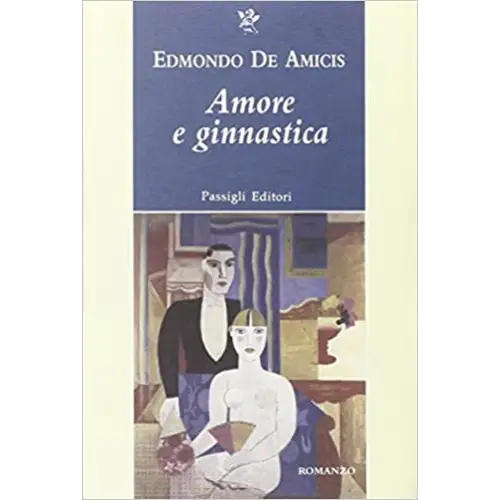The play "Amore e ginnastica" unfolds in post-Union Turin, a city that has just relinquished its role as capital but is determined to maintain its status as the cradle and driving force of Italian gymnastics culture. The locations are ideally united by the sharing and reverence of an atmosphere saturated with symbolic values, a kind of secular religion in which only a few embrace gymnastics as their own liturgy. The solemn and icy priestess of this "temple" (the gym) is the teacher Pedani, who commands the stage with her youthful and athletic figure ("beautiful shoulder," "powerful arm," "warrior's body," "perfect skeletal proportions"). She is a missionary for the dissemination of physical culture and the education of the body as an instrument of civilization and progress. Moreover, she functions as a healer of modern social medicine, aimed at the moral, ethical, and physical revival of the new citizen of the new nation.

